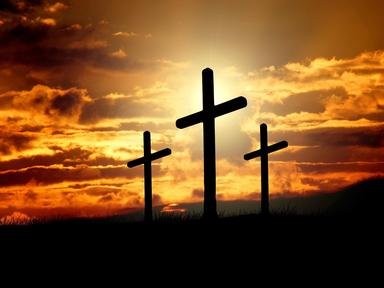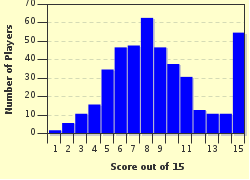Quiz Answer Key and Fun Facts
1. Paul was born in Tarsus, but which modern-day country is this city in?
2. Paul often talks in his letters and in Acts of being a Roman Citizen - what is the likeliest reason for this?
3. Which religious order was Paul originally from and born into, his father being a prominent member of the same order?
4. Which tribe of Israel was Paul from?
5. In which city is it generally believed that Paul died?
6. Under which Emperor of Rome does tradition state that Paul was martyred?
7. What was Paul's name before he changed it to Paul (meaning 'humble')?
8. According to the Bible, which small island off the coast of Malta (formerly known as Cauda) did Paul pass by before he was shipwrecked?
9. According to the Bible and subsequent Maltese traditions, which animal bit Paul as he gathered firewood upon his ship's arrival into Malta?
10. After Paul was bitten, what does the Bible say happened to him?
11. In Paul's letter to Philemon, whom does Paul say he is a prisoner with?
12. According to the Book of Acts, the people of Lystra believed that Paul was which Greek God in human form?
13. When Paul and Barnabas disagreed about who to take with them in their missionary journey in Acts 15, whom did Paul decide to take with him to check on the churches they had already set up?
14. What was the name of the Roman centurion who was put in charge of Paul when it was decided that he was to be put in a boat for Rome? This Roman shared his name with a Roman leader.
15. What was Paul's profession before he became a full-time missionary to the Gentiles?
Source: Author
nathe
This quiz was reviewed by FunTrivia editor
CellarDoor before going online.
Any errors found in FunTrivia content are routinely corrected through our feedback system.

